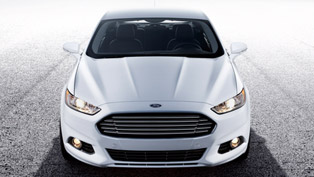2013 Ford Fusion Being Sustainable
Ford seem to be aware that the latest fad is to go organic. The shops are brimming with lettuce which has been (so they tell us) grown out in the open, natural fertilizers, no pesticides no GMO no nothing. Indeed, very healthy and sustainable. But consider a 2013 Ford Fusion now and try to draw a parallel. Some of the materials used in it, Ford people say, are completely organic, recyclable and downright green.
"Building vehicles with great fuel economy is our highest priority in reducing impact on the environment," says Carrie Majeske, Ford product sustainability manager. "With every new product design, we also are charged with increasing the use of renewable and recyclable materials in our cars, utilities and trucks to reduce impact on the environment."
Issues like noise and vibrations have been tackled with something very common in real life and yet it sounds out of place – denim. That's right, more than two pairs of jeans have given it's life for the sake of comfort and convenience. Inside, the upholstery is made with pure Repreve yarn which is woven from both post-industrial and post-consumer waste products. The models that will carry such kind of cloth on theirs seats would contain an equivalent of 38.9 recycled, clear 16-ounce plastic bottles. Supposedly, the material is strong as well.
The soft bits within the seats have been garnished with soybeans. Soy foam to be exact. A single Fusion requires approximately 31,250 which sounds a lot but remember; it's sustainable. It's not that uncommon actually. The technology was first introduced in 2007 and Ford have been making cars with soy ever since.
Various, not-that-important bits are protected from plastics. Plastics of former car batteries so it's cheap to replace as well.
"We are holistic in reducing our environmental footprint by utilizing post-industrial (blue jeans), post-consumer (battery cases) and sustainable materials technologies (soy foam)," Majeske says. "We do whatever makes the most sense for each application and environmentally from a lifecycle perspective."
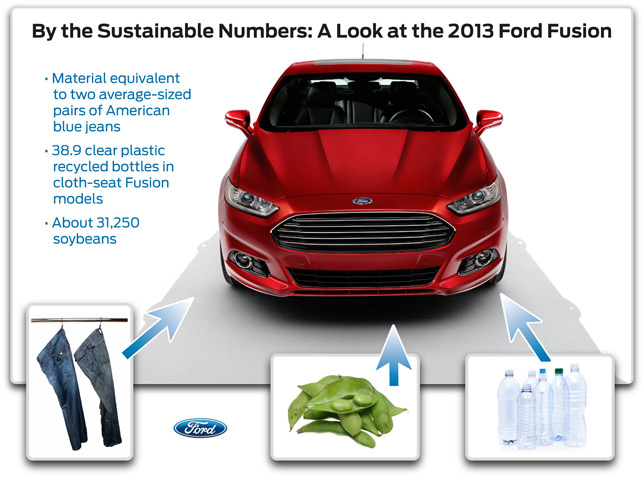
Source: Ford


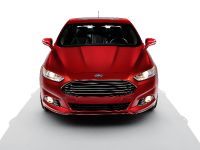
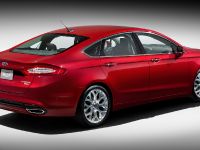




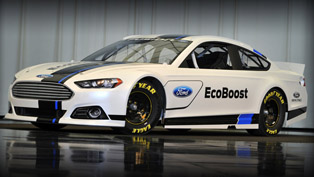
![2013 Ford NASCAR Fusion with the CFD as a key tool in development [VIDEO]](http://www.automobilesreview.com/uploads/2012/07/2013-Ford-Fusion-NASCAR-Sprint-Cup-Series-Car-B.jpg)
